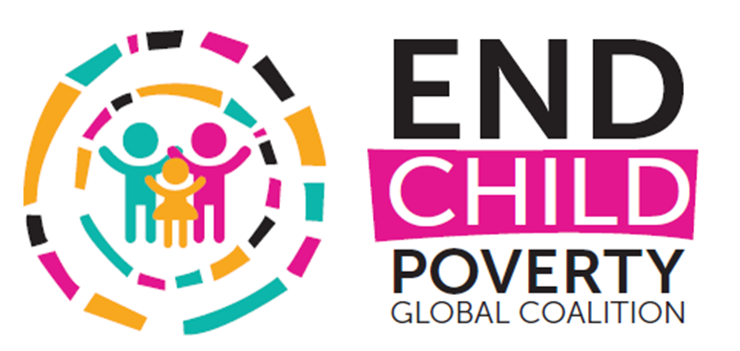Unequal Opportunities
Shanmuka is 13 years old and a bright aspirational girl who one days want to be a teacher. Her family is poor, and is often the case for disadvantaged households her parents were forced to prioritise one child's schooling over another due to prohibitive fees. Also common is that boys are often favoured over girls when it comes to schooling, and access to better quality education. Despite her enthusiasm for learning when her parents had to choose whether she or her younger brother went to private school, they chose her brother. Her mother who has no education and was married at 13 explains, "everyone around me said, why educate a girl, it is a waste, it is better you send your son". Shanmuka recognises the importance of education and ensuring girls are able to access it, "We don't know what is going on around us if we are not educated".
“Girls should study...if a girls parents say that study they are committing a mistake, education is important ”
In addition to this Shanuka face regular destruption to her government based schooling. During harvest seasons Shanmuka is removed from school in order to assist her family in the cotton fields. In grade 6 Shanmuka was forced to miss school for more than two months which set her back in class, "I hate the cotton fields, we have to go early in the morning and get home only at 8pm, it would be better to study...I miss lessons, I forget what I learnt". The expectations are also unequal for Shanmuka wtihin the home, as is the case for many girls, for example Shanmuka is also expected to take care of household chores alongside her schooling and work in the cotton fields, unlike her brother who is not expected to perform domestic tasks
“My brother doesn’t do those things, when I ask why they say he is a boy and and because I am a girl I have to do those things”
Girls are more likely to be involved in care, domestic and unpaid work. They face a greater work burden in the home, including cleaning, cooking, care for younger siblings, fetching water and wood, going to mills and markets, and some working in fields or daily labour. Boys, meanwhile, were more likely to be engaged in work for family businesses, farms, and in paid work.
Between 12-23 March the 62nd Session of the UN Committee on the Status of Women focuses on the “Challenges and opportunities in achieving gender equality and the empowerment of rural women and girls”. Check out information on side events being held by Young Lives and IDS;
- The Impact Initiative side event: How can we improve the life choices of women in rural Africa, 20th March, 10:30 - 12:00
- Young Lives Side Event: An Agenda to Empower Rural Girls, 21st March, 2018 - 13:15 to 14:30

